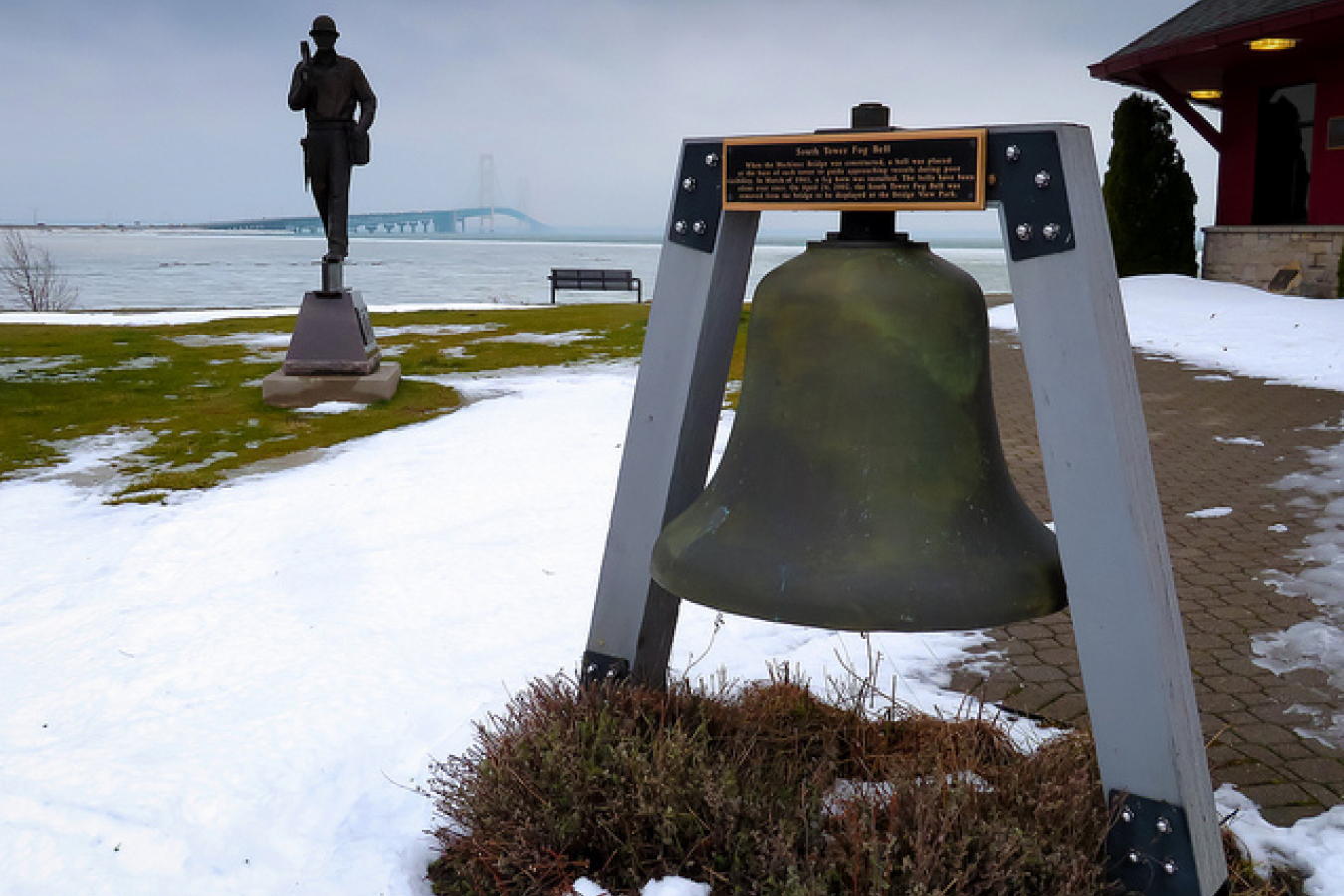Support migrant centric journalism today and donate

A shortage of nurses throughout the US state of Florida isn't showing any signs of easing despite the best plans by hospitals to fill vacancies, newly released statistics show.
The Florida Hospital Association's annual nurse staffing survey has found the registered nurse vacancy rate rose slightly to 8.5 percent last year in Florida hospitals, a bump up from an 8.2 percent vacancy rate the year before.
"The specialty areas are typically where we have the most vacancies and the night shifts," said Martha DeCastro, vice president of nursing for the FHA. Hospitals have had no choice but to improve employment packages and find new ways to recruit. To the public, the perception is that hospitals are purposely controlling costs by having fewer nurses on the floor.
Lee Memorial has been doing some recruiting in Ohio, New York and Illinois, where hospital representatives hold programs in hotel meeting rooms.
So far, Lee Memorial has considered the European market for nurses but it has recruited from Canada and Puerto Rico, she said.
"We hire an awful lot of new graduates," she said, adding that Lee Memorial has an internship program for new graduates that is a real draw. Another new recruitment method is virtual job fairs on the Internet, she said.
People are leaving the region because of the lack of affordable housing and it's getting harder to recruit, said a representative of NCH Healthcare System, Brian Settle. "We are sending a team to the United Kingdom," he said of a recruitment effort in London.
Telephone interviews already have been done and now the plan is to interview about two dozen potential recruits in person, he said. Hospital officials in Texas and California have had success recruiting from the UK, he said.
"If we extend job offers to one-third to one-half of them, I would be very happy," Settle said.
A few years ago, NCH had plans to recruit nurses from the Philippines but that fell through, in part due to the company he was working with on that endeavor and the tougher times with immigration following the Sept. 11, 2001, terrorist attacks, he said.
If you are a medical specialist interested in the possibility of working in the US, please visit our guides to the J-1 visa and H-1B visa for medical professionals.





















